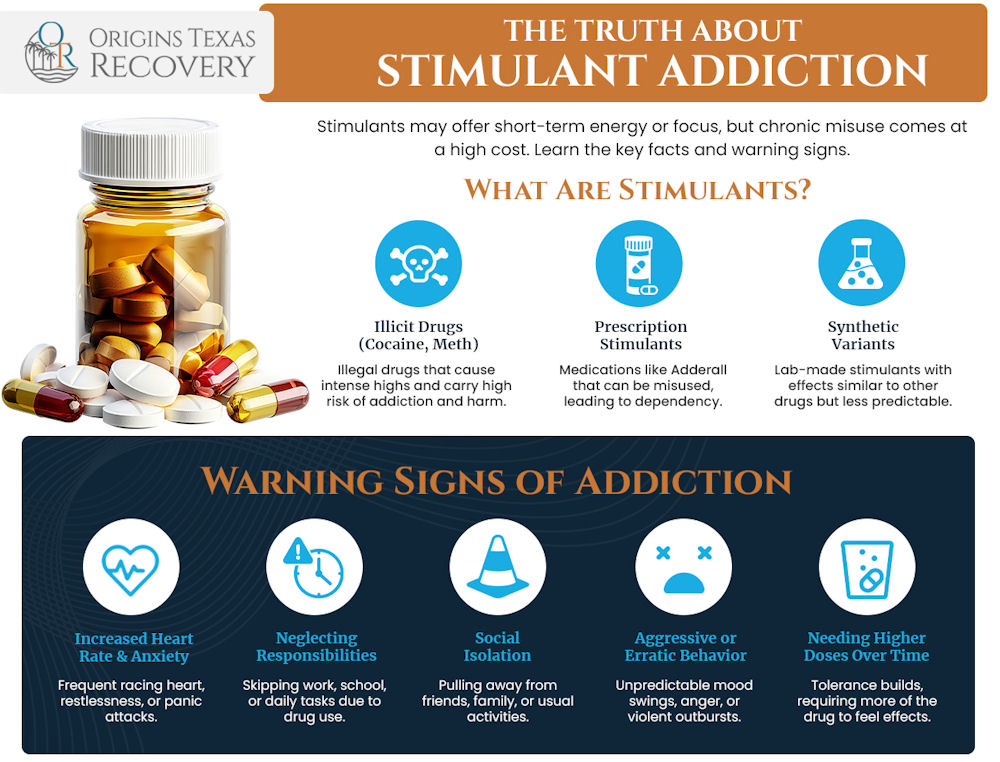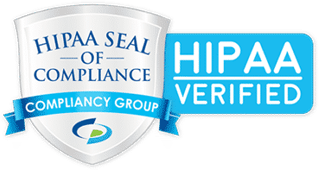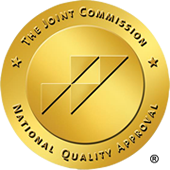Stimulant Rehab Center in Texas
Treatment for stimulant addiction is crucial because, without it, the effects can be long-lasting and damaging, affecting not only the person’s health but also their relationships and daily life. The longer someone struggles with drug addiction, the harder it can be to break the cycle without professional help. In 2022, over 10.2 million people aged 12 and older reported misusing stimulants. This highlights the urgent need for effective treatment programs.
At Origins Texas Recovery in South Padre Island, Texas, we understand the challenges of overcoming stimulant addiction. Our approach is built on personalized care, helping people identify the root causes of their addiction while offering support to rebuild their lives. With a combination of evidence-based therapies and compassionate guidance, we work with each individual to create a personalized recovery plan tailored to their unique needs, providing them with the tools necessary to thrive in long-term sobriety.

Is Addiction Impacting Your Life?
Take The First Step To True Healing Today!
What Are Stimulant Drugs?
Stimulant drugs are substances that increase activity in the brain and body, leading to heightened alertness, energy, and focus. They can make people feel more awake, active, and even euphoric. While stimulants have legitimate medical uses, such as treating attention-deficit hyperactivity disorder (ADHD) or narcolepsy, they can also be abused for recreational purposes. When used improperly, stimulants can lead to serious health risks, including addiction, heart problems, and anxiety.
Common Types of Stimulants
There are several types of stimulant drugs, each with its own effects and uses. Here are some of the most frequently encountered examples:
Cocaine is a powerful stimulant that causes intense euphoria and a quick burst of energy. It is illegal in most places and can be highly addictive.
These include medications like Adderall and Dexedrine, which are often prescribed for ADHD. They increase the release of dopamine and norepinephrine in the brain, improving focus and reducing impulsivity.
Meth is a highly addictive drug that increases dopamine levels in the brain. It leads to extreme energy, heightened focus, and a sense of invincibility but also carries significant health risks, including long-term brain damage.
These medications are commonly prescribed to treat ADHD and narcolepsy. However, when misused, they can lead to feelings of increased concentration, energy, and focus, but also pose risks like addiction and heart problems.
Ecstasy is a stimulant that also has hallucinogenic properties. It is often used recreationally to enhance mood and energy levels but can lead to dehydration, overheating, and long-term brain effects when abused.
Although caffeine is legal and commonly found in coffee, energy drinks, and other products, it is still classified as a stimulant. When consumed in excess, it can lead to insomnia, jitteriness, and increased heart rate.
Commonly known by the brand name Ritalin, this medication is used to treat ADHD and narcolepsy. It works by boosting the levels of dopamine and norepinephrine in the brain.
Who is Most at Risk of Stimulant Abuse?
In recent years, stimulant abuse has increased, particularly among young adults. The use of prescription stimulants without a prescription, often to improve focus or academic performance, has become a growing concern. Stimulant misuse can quickly lead to dependence, so it’s important to be aware of the risks and seek help if needed.

Contact Our Admissions Team Today
Signs and Symptoms of Stimulant Use Addiction
Common signs and symptoms of stimulant use addiction include:
- Increased Energy and Hyperactivity: People using stimulants often feel a surge of energy, leading them to be unusually talkative, restless, or hyperactive. This energy boost is temporary but can become more frequent with continued use.
- Mood Swings and Irritability: Stimulants can cause significant mood swings. People may feel euphoric or invincible during use, but as the effects wear off, they may become anxious, irritable, or depressed.
- Decreased Appetite: Stimulants often suppress appetite, leading to rapid weight loss or inconsistent eating habits. Over time, this can result in poor nutrition.
- Insomnia: Because stimulants keep people awake and alert, those using them may experience difficulty sleeping, even for long periods. This can lead to exhaustion and further reliance on the drug to stay awake.
- Increased Tolerance: As the body adapts to stimulant use, individuals may require larger doses to achieve the same effects. This is a key indicator of addiction, as the person becomes physically dependent on the drug.
- Cravings: Intense cravings to use the substance are common, and people may go to great lengths to obtain it, often at the expense of relationships, work, or health.
- Neglecting Responsibilities: People addicted to stimulants may neglect personal responsibilities, such as work, school, or family obligations, due to their focus on obtaining and using the drug.
- Risky Behaviors: Addiction to stimulants often leads to reckless or dangerous behaviors, such as driving under the influence, engaging in unprotected sex, or taking excessive risks to obtain drugs.
Recognizing these symptoms early can make a difference in someone’s journey to recovery. If you or someone you care about is exhibiting these symptoms, seeking help is crucial. Stimulant addiction treatment can help people regain control and live a healthier, drug-free life.

Testimonials
![]()
![]()
![]()
![]()
![]()
Victoria H
I couldn’t recommend Origins more, I first attended their IOP program, then their residential program in South Padre. I’m writing this today a year and a half sober and going strong. Origins has literally saved my life in more ways than one.
![]()
![]()
![]()
![]()
![]()
Emily W
The clinicians are knowledgeable and skilled in a way that is always helpful and never harmful. This program brought me lasting healing and freedom.
![]()
![]()
![]()
![]()
![]()
Mary L
I cannot say enough about Hannah’s House. I entered broken, tired and far more sick than I realized. I was treated with kindness, love, patience and respect by all. I was so frightened to go but sad to leave, that speaks volumes. Thank you from the bottom of my heart to all who put me back together, I am eternally grateful.
![]()
![]()
![]()
![]()
![]()
Jack W
I struggled with my sobriety for over 5 years, but they were able to help me through the 12 steps of AA. I have been sober ever since my experience here. I’ll be hitting 2 years of sobriety in 22 days, thanks to this treatment center. No matter where you go, it’s all about your level of commitment towards gaining a better life ?
![]()
![]()
![]()
![]()
![]()
Jazmine R
Origins was exactly what I needed. The staff were incredibly knowledgeable, compassionate, and helpful. They come with years of experience and consider each individual they’re helping. If you’re looking for a facility that will truly care as much as you/your parents do, or are desperate for a miracle — I can’t recommend Origins more! ❤️
Withdrawal Symptoms of Stimulant Abuse
Understanding stimulant withdrawal symptoms is crucial for those recovering from addiction, as it can help people manage the process and seek the right support. Stimulant withdrawal occurs when someone who has been using substances like cocaine, methamphetamine, or prescription stimulants regularly stops using them. These substances affect the brain’s chemistry, so when the body no longer receives them, it can react with physical and emotional symptoms.

- Fatigue: People often feel extreme tiredness, as stimulants increase energy levels, and the body struggles to adjust when they are absent.
- Depression: Stimulants increase dopamine levels in the brain, so when they are no longer present, people may experience feelings of sadness or hopelessness.
- Anxiety: Anxiety is a common symptom, as the body tries to rebalance after prolonged stimulant use.
- Increased Appetite: Stimulants often suppress appetite, so once they’re stopped, people may feel hungrier than usual.
- Irritability: Mood swings and irritability are common, as the brain and body adjust to life without stimulants.
- Cravings: Intense urges to use stimulants again can occur, making recovery more challenging.
Recognizing these symptoms helps people prepare for the process of recovery and seek professional treatment, as withdrawal from stimulants can be physically and emotionally taxing. Supervised medical detox can help minimize or even eliminate physical withdrawal symptoms.
Nationally Recognized & Accredited




Receive Help for Stimulant Addiction at Origins Recovery
At Origins Texas Recovery, we provide comprehensive stimulant addiction treatment to help people overcome substance abuse and regain control of their lives. Our programs focus on both the physical and emotional aspects of recovery, offering personalized care that addresses each person’s unique needs.
- PHP (Partial Hospitalization Program): The PHP at Origins Texas Recovery provides intensive treatment during the day, allowing people to return home at night. This program is designed for individuals who require structured support but don’t require round-the-clock care.
- IOP (Intensive Outpatient Program): Our intensive outpatient program offers flexibility while still providing intensive therapy. It’s perfect for individuals who have finished a PHP or don’t need more intensive care. The sessions emphasize addiction recovery, coping strategies, and mental health assistance.
- Therapy: Addiction counseling plays a key role in stimulant addiction treatment. We offer individual, group, and family therapy to help people address the underlying causes of their addiction, improve relationships, and build healthy coping strategies.
- Aftercare: Aftercare programs are essential for long-term recovery. We offer continued support through alumni programs, outpatient therapy, and support groups to ensure people have the tools they need to stay sober and thrive.














